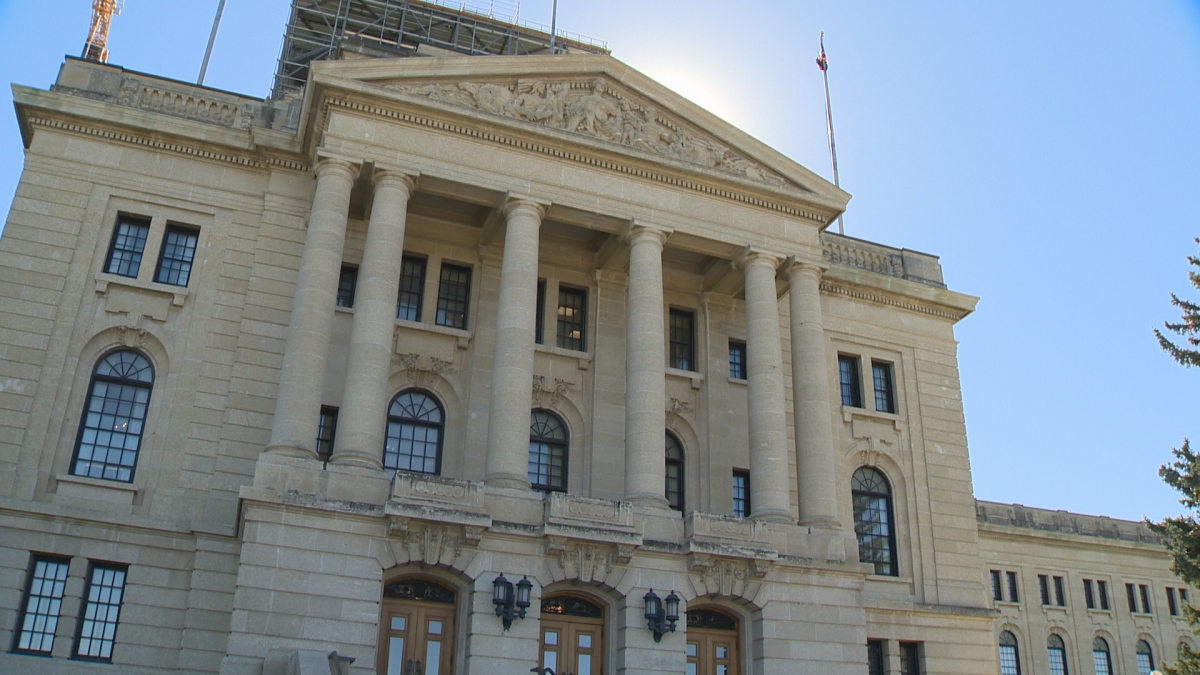It will cost more to hunt and fish in Saskatchewan starting on April 1, 2017 and companies that under-report royalty payments will be penalized.

The Saskatchewan government announced it is hiking some fees and charges to better reflect the cost of services.
READ MORE: Brad Wall brings familiar message to SARM ahead of budget
Officials said the changes will add around $8.7 million to the general revenue fund and nearly $900,000 to the Fish and Wildlife Development Fund.
Just over half of the additional revenue, $4.5 million, is expected to come from a penalty being applied on audit assessments for mineral, oil and gas producers.
Companies who are found to have underpaid royalties to the province will be penalized 10 per cent of that amount plus interest on the unpaid amount.
Another $1.1 million is expected to be raised from a new, non-refundable application fee of $300 under the Saskatchewan Immigrant Nominee Program for the express entries and occupations in demand programs.
Anglers will pay more for licenses, with a one-day fishing licence going up three dollars, an increase of four dollars for a three-day licence and an annual licence increasing eight dollars.
Hunting and trapping licences for Saskatchewan residents are going up ten dollars and wildlife habitat fees are increased by five dollars.
A new $50 wolf licence fee is also being added.
READ MORE: Premier Brad Wall hints upcoming Saskatchewan budget may not be balanced
Licence fees for out-of-province anglers and hunters will also go up.
Another increase is for vital event certificates, which are going up from between five dollars and 15 dollars.
Officials said the money will be used to assist in the cost recovery of the services provided by eHealth.
The province is currently dealing with a project deficit of $1.2 billion.


Comments